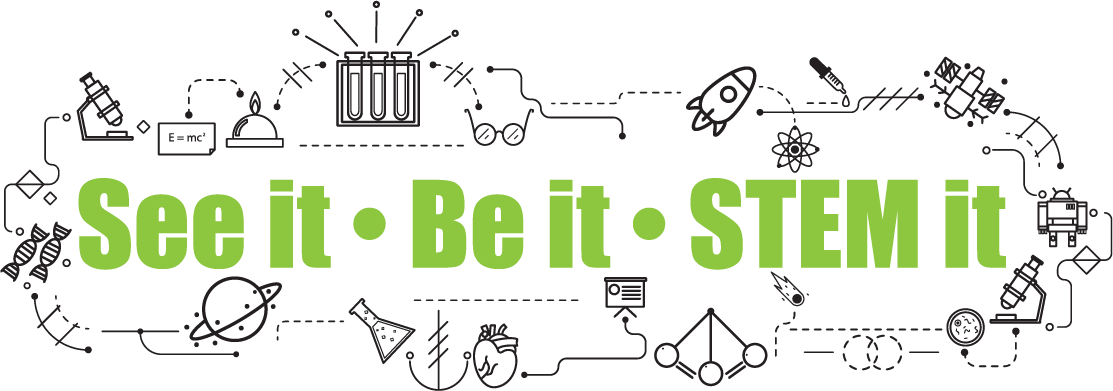Meet Isabella Liu
Isabella earned her Bachelor of Science, Chemistry from McGill, 13'. and a Bachelor of Education from the University of Toronto, 14'. She currently works as a Science and Math teacher! In her free time she loves travelling and spending time in the outdoors.
When did your love of STEM begin?
I was never that interested in Chemistry in high school — I was more of a Biology kind of gal. My Biology teacher was extremely intense. we had to create life-sized organs out of model magic, making cell walls out of anything you can find in Michael’s craft supply store, and learning everything out of a giant textbook (which I later learned in university that it is just a normal sized textbook). Going into McGill, I had every intention to pursue biological sciences, but I stumbled upon Professor Ariel Fenster and Joe Schwarcz’s World of Chemistry: Drugs. I was strongly advised by a McGill graduate to take this class because of its accessibility. Furthermore, it is an extremely interesting introductory course on Chemistry’s impact in day-to-day life.
At the very first class, I remembered Professor Schwarcz’s three rope magic trick. He basically retold his childhood story of a magician who sprinkled this special chemical on three ropes that were knotted together. Then, he pushed the knots towards the ends of the ropes and the three ropes became one long rope. He kept emphasizing magic and Chemistry. The fact that he connected magic with Chemistry blew my mind. In a way, it makes sense. I’m currently working in the lab, trying to determine why certain reactions behave a certain way. Even though we were taught in classes of those reactions, anything can happen in a lab. Reaction conditions change, and the results differ from trial to trial. The whole process can seem, at times, not that far off from magic.
Because of World of Chem, I was introduced to the idea that Chemistry is fun and very much applicable to life. We often separate classroom knowledge with real life knowledge, but they are in fact very much related and dependent on each other. For example, salt helps raise the boiling point of water, which is why you put it in the water when boiling pasta. If you don’t know where you’re heading in the future, it’s okay. In the end, all it takes is one little thing to guide you to the right direction.
What is the best part about working in the field of STEM?
I love the application part of working in the field of STEM. During my fourth year in university, I completed an honours project in Green Chemistry under the supervision of Professor C.-J. Li. In my lab, we search for greener and more atom-efficient methodologies to replace the reactions that you’re learning in your organic chemistry courses. What I do is search for green methods of C–C bond formation, an essential task in constructing organic molecules.
With that experience and since becoming a science teacher, I'm able to show my current students the fun part of applying content knowledge to practical situation. I started a teacher blog to document my learning journey where I focused on the positives and the difficulties I encountered as a female science teacher of colour. I hope to use my platform to show other students of colour, that if I can do it, so can they. After all, representation matters!
What advice would you give young women interested in a career in STEM?
There will be a lot of times where you feel like you were given the short end of the stick, but I want to let you know that these are learning opportunities that make you unique and you have so much to give for people who are like you. Always believe in yourself even when it feels like the world is getting you down.


